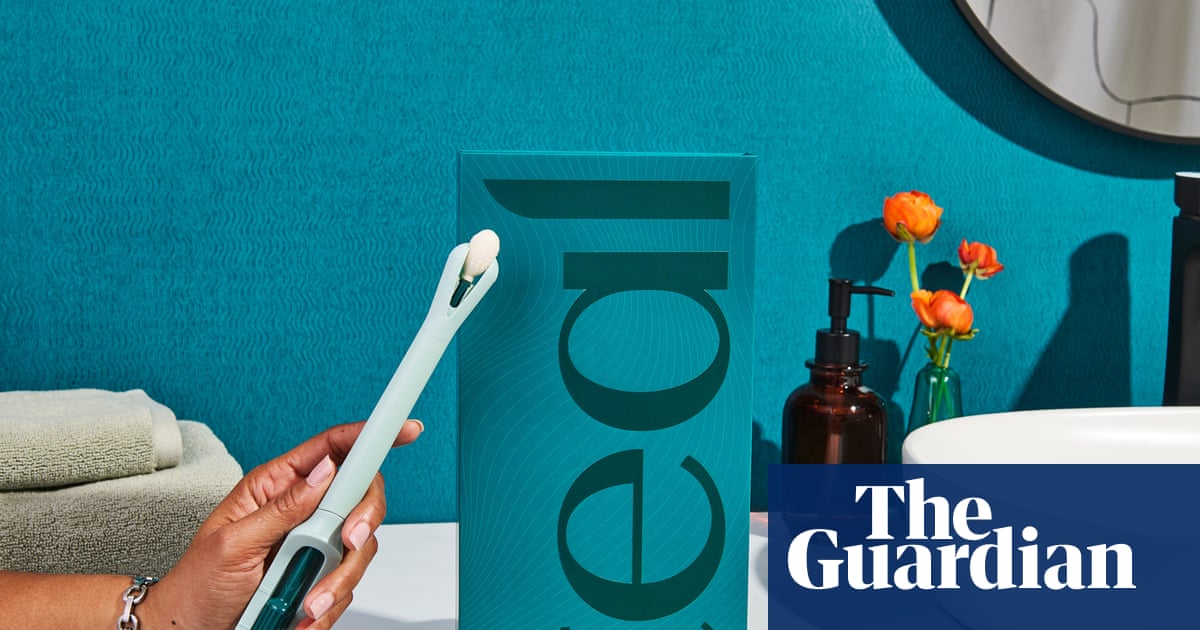The recent approval by the FDA of the first at-home test for cervical cancer screening marks a significant advancement in women's health, particularly in enhancing accessibility and comfort for patients. The article highlights the shift from traditional clinical methods to home-testing solutions, which could potentially transform the way cervical cancer screening is approached in the United States.
Impact on Women's Health Options
This decision is primarily aimed at empowering women by providing them with a more convenient and private option for screening. Historically, Pap smear tests, while effective, have been associated with discomfort and the need for in-person appointments, which can deter women from regular screening. By allowing self-collection, this test could improve compliance and early detection rates, ultimately reducing cervical cancer incidence and mortality.
Public Perception and Awareness
The announcement seeks to generate positive public sentiment around women's health initiatives. By emphasizing comfort and convenience, the article creates an image of a progressive healthcare environment that prioritizes patient needs. The use of personal testimonials from Teal Health's co-founder further humanizes the narrative, making it relatable and encouraging women to consider this new option.
Transparency and Potential Concerns
While the article presents the benefits of the Teal Wand, it does not delve into potential limitations or concerns surrounding home testing, such as accuracy or the need for follow-up care. The omission of the test’s price and specific coverage details could also raise questions about accessibility for all women, particularly those without adequate insurance.
Connection to Broader Healthcare Trends
This news can be connected to a growing trend of at-home medical tests, similar to the Cologuard for colon cancer. Such innovations reflect a broader movement towards patient-centered care and the integration of technology in health services. However, the financial implications of these tests and their insurance coverage remain critical factors that could affect their adoption.
Economic and Market Implications
The introduction of the Teal Wand could have significant ramifications for the healthcare market, especially concerning companies involved in women's health products. If successful, it may stimulate interest from investors and encourage the development of similar products, leading to a more competitive market landscape. Additionally, if widely adopted, it could impact insurance models and healthcare costs.
Target Audience
The primary audience for this announcement includes women aged 25 to 65, as identified in the rollout plan. The message is particularly relevant to those who may have hesitated to undergo traditional screening methods due to discomfort or logistical barriers. It also appeals to health-conscious individuals and advocates for women's health.
Global Relevance and Power Dynamics
While the article focuses on a U.S. initiative, it mirrors global trends in women's health and preventative care. The emphasis on self-testing may resonate with women's health movements worldwide, advocating for more accessible healthcare solutions.
AI Involvement in Coverage
There is no direct evidence to suggest that AI was employed in the writing of this article. However, the structured presentation of facts and figures may reflect a trend where AI tools assist in drafting or editing news articles to enhance clarity and readability.
In conclusion, while the article serves to inform and promote a significant healthcare advancement for women, the underlying complexities regarding accessibility, economic implications, and potential biases should be considered. The overall reliability of the news can be assessed as high, given the FDA's validation, but it is crucial to remain aware of the broader context and possible gaps in the narrative.
